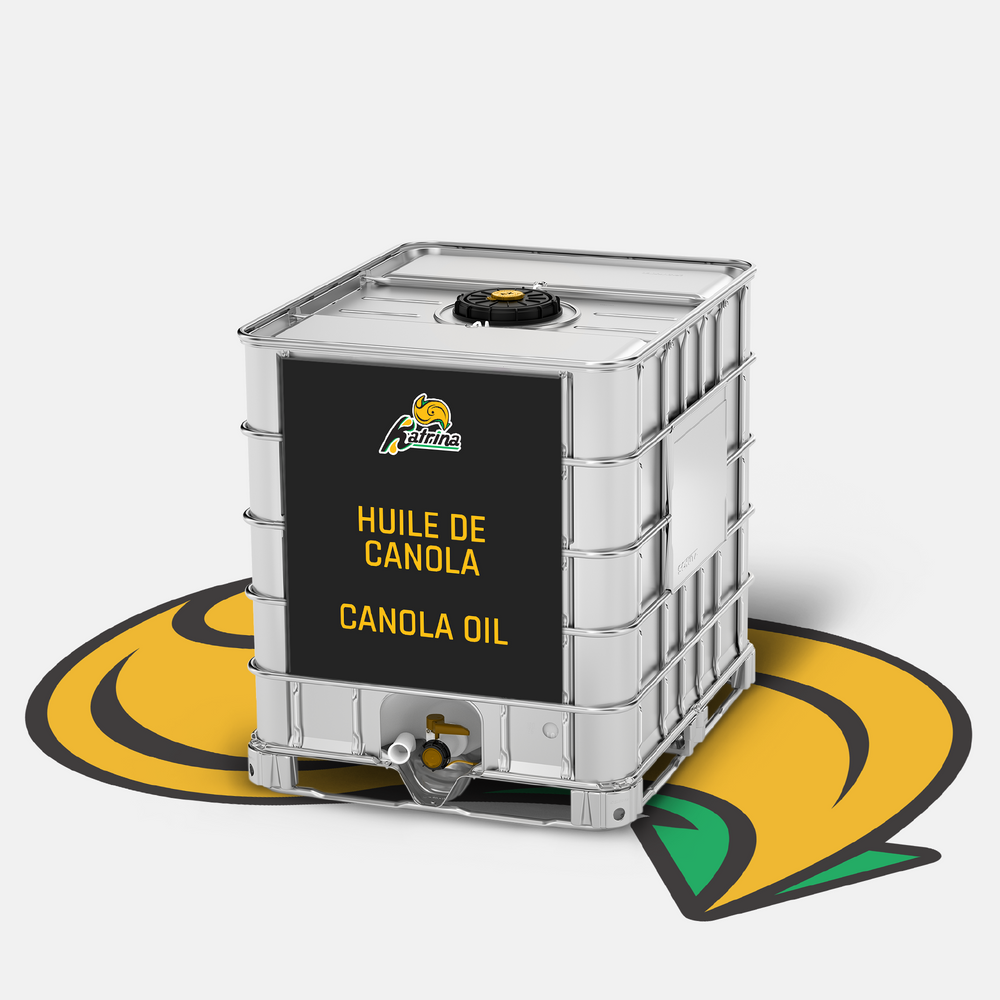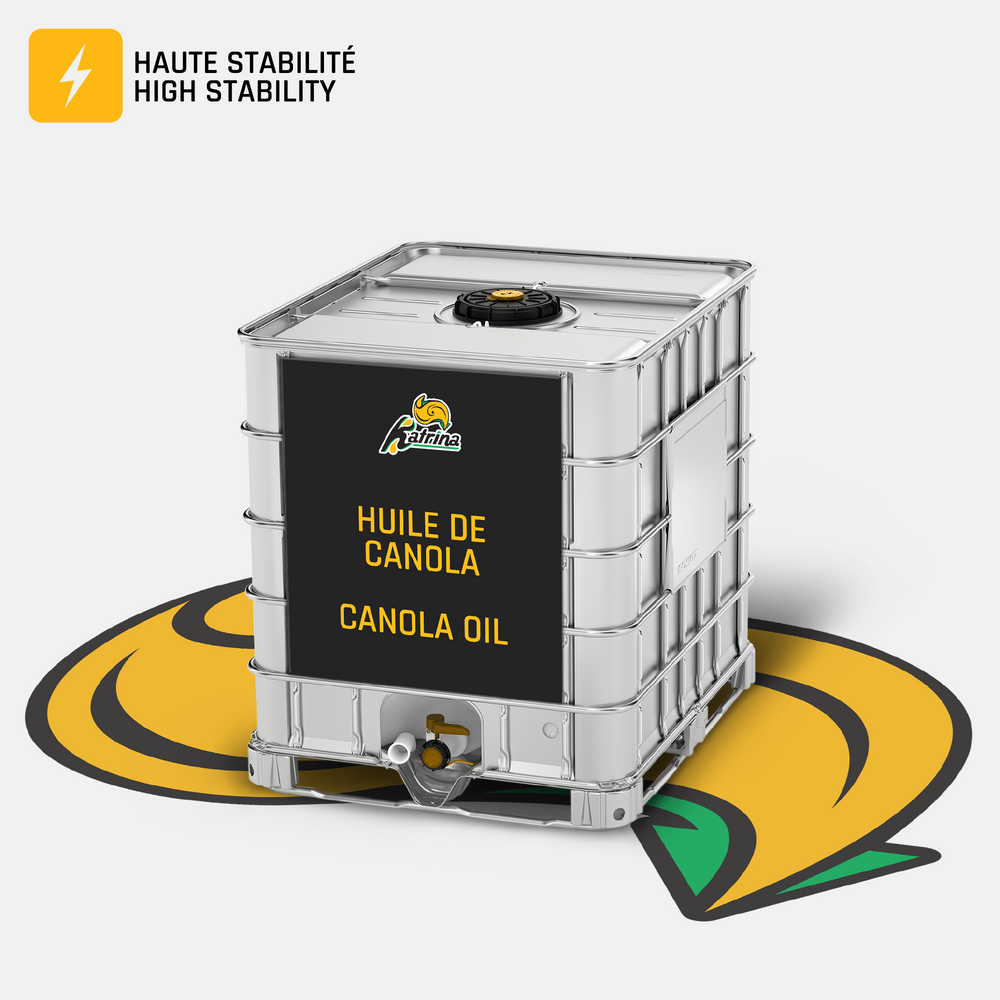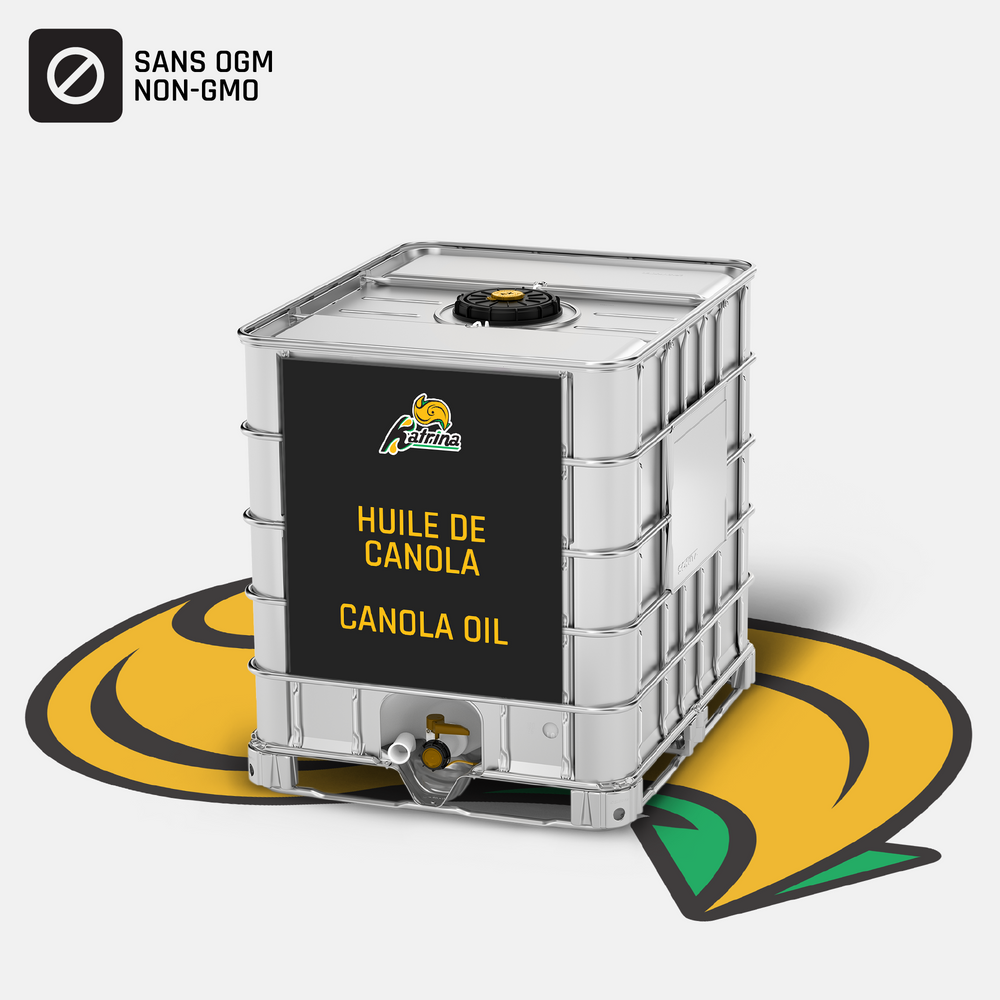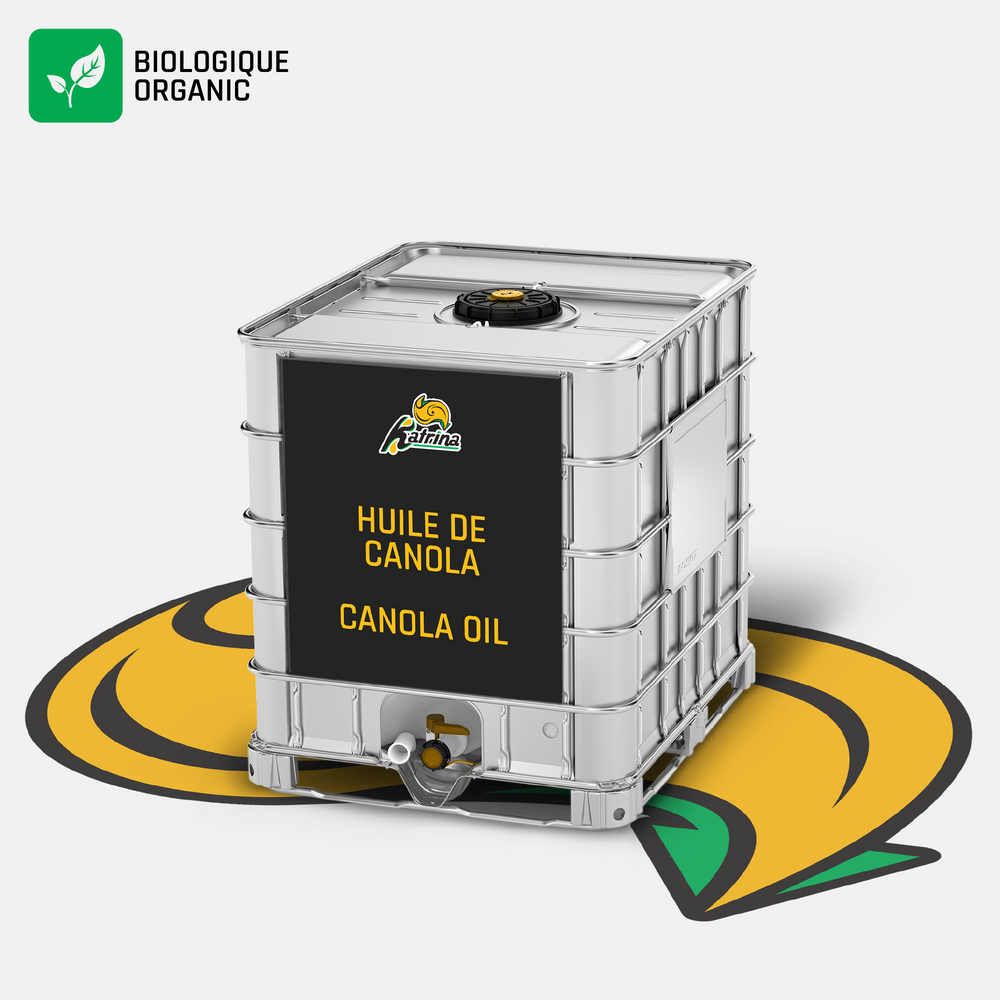Peanut Oil or Canola Oil: Which is Better?
Peanut oil and canola oil are two commonly used oils for chefs, restaurants, and food manufacturers, but is one better than the other? As you may have guessed, it’s not so black-and-white. In this guide, we’ll explore how these oils compare for specific needs and categories, to help you make the right choice.
Peanut Oil vs. Canola Oil: Cost-Effectiveness and Availability
Both peanut and canola oils are affordable and widely available options, which is an important factor for commercial kitchens or manufacturers buying in bulk.
According to USDA data, canola oil is generally a bit cheaper than peanut oil (ranging around 6-10% cheaper) making it an attractive choice if you need to cut costs or increase your profit margin. However, keep in mind that pricing may vary regionally, so it’s important to get a local quote from a bulk supplier.
Peanut Oil vs. Canola Oil: Smoke Point
The smoke point is critical for determining the oil’s suitability for various cooking methods.
Peanut oil and canola oil do slightly differ in this regard:
- Peanut Oil Smoke Point: 450°F (232°C)
- Canola Oil Smoke Point: 400°F (204°C)
Peanut oil’s higher smoke point makes it especially suitable for high-temperature cooking, but canola is still considered a “high smoke point oil”.
Peanut Oil vs. Canola Oil: Nutritional Profile
Health considerations are increasingly important for consumers.
Here’s how these oils compare nutritionally, per tablespoon:
| Nutrient | Canola Oil | Peanut Oil |
| Total Fat | 14g | 13.5g |
| Saturated Fat | 1g | 2.3g |
| Monounsaturated Fat | 8.9g | 6.2g |
| Polyunsaturated Fat | 3.9g | 4.3g |
| Vitamin E | 2.4mg | 2.1mg |
| Other Nutrients? | Vitamin K | Resveratrol (antioxidant) |
Both oils are heart-healthy, as noted by the American Heart Association, but offer slightly different nutritional benefits. It’s also important to note that these numbers are general, as specifics will vary from producer to producer, depending on processing methods.
Peanut Oil vs. Canola Oil: Flavour Profile and Culinary Applications
Flavour plays a crucial role in menu planning, and this is one area where peanut oil and canola oil do have their differences.
- Peanut Oil: Distinct nutty flavour
- Canola Oil: Neutral taste
If you want an oil that doesn’t interfere, canola oil is the best choice. If you’re looking for something to play a role in your recipe, peanut oil may have an edge.
Peanut Oil vs. Canola Oil: Storage and Shelf Life
Proper storage impacts oil quality and longevity, especially when buying in bulk. No matter which oil you choose, you need to ensure that you’re using top-quality packaging and working with a good supplier.
Storing oils properly prevents rancidity, and both canola and peanut oil have the same storage requirements: cool, dark places. They also have similar shelf lives, but peanut oil may be slightly more stable and less prone to rancidity compared to canola oil.
| Storage | Peanut Oil | Canola Oil |
| Unopened Shelf Life | 1-2 years | 1-2 years |
| Opened Shelf Life | 6-12 months | 6-8 months |
| Storage Requirements | Cool, dark place | Cool, dark place |
Peanut Oil vs. Canola Oil: Allergen Considerations
One of the biggest considerations when it comes to peanut oil is regarding allergies. However, you might be surprised to learn that most refined peanut oils are generally safe for those with peanut allergies, per FDA guidelines.
However, due to the serious nature of allergens, it’s crucial to check with your peanut oil supplier and always verify allergen information.
On the other hand, canola oil is allergen-free by nature, making it a slightly safer choice for establishments with diverse customer needs.
Making the Right Choice as a Food Manufacturer
At the end of the day, choosing between peanut oil or canola oil comes down to your needs and your specific project.
Consider:
- Your menu: Peanut oil may add a nutty flavour, while canola oil won’t contribute.
- Your cooking methods: Peanut oil has a slightly higher smoke point.
- Your budget: Canola oil may be slightly cheaper than peanut oil.
- Customer dietary preferences: Your customer base may be looking for a specific feature or flavour.
- Local health and allergen regulations: Check if your peanut oil is refined & safe from allergens.











